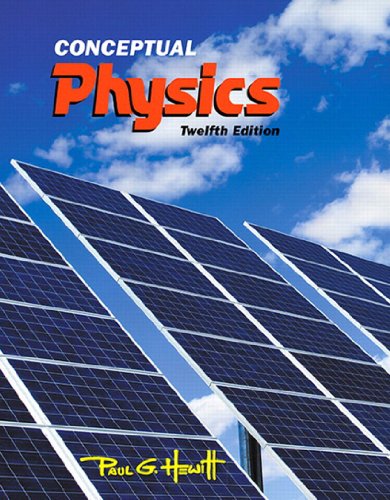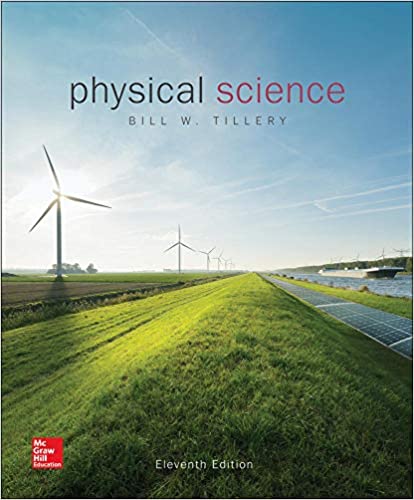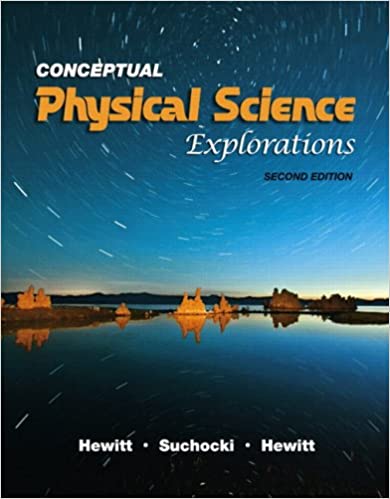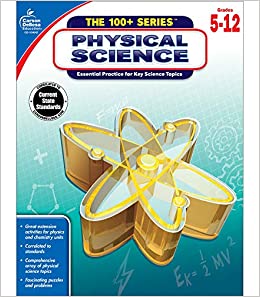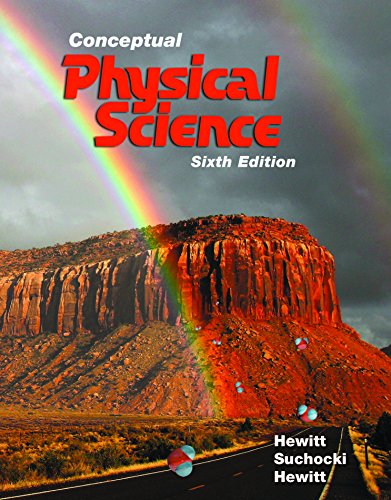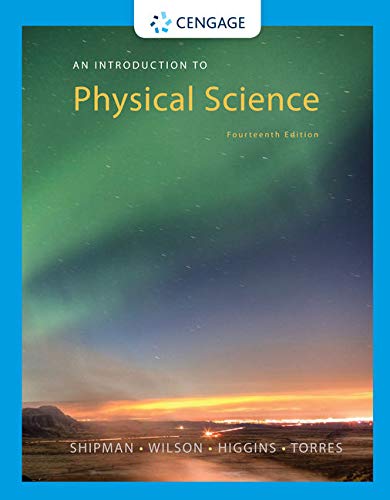Paul Hewitt Conceptual Physics
Last updated: October 25, 2021
We looked at the top Physics & Physical Science Textbooks and dug through the reviews from some of the most popular review sites. Through this analysis, we've determined the best Physics & Physical Science Textbook you should buy.
Product Details
In our analysis, the Paul Hewitt Paul Hewitt Conceptual Physics placed 6th when we looked at the top 6 products in the category. For the full ranking, see below.
From The Manufacturer
Conceptual Physics with MasteringPhysics ®, Twelfth Edition Paul Hewitt integrates a compelling text and the most advanced media to make physics interesting, understandable, and relevant for non-science majors. The Twelfth Edition will delight you with informative and fun Hewitt-Drew-It screencasts, updated content, applications, and new learning activities in MasteringPhysics. Hewitt’s text is guided by the principle of “concepts before calculations” is famous for engaging students with analogies and imagery from the real-world that build a strong conceptual understanding of physical principles ranging from classical mechanics to modern physics.
